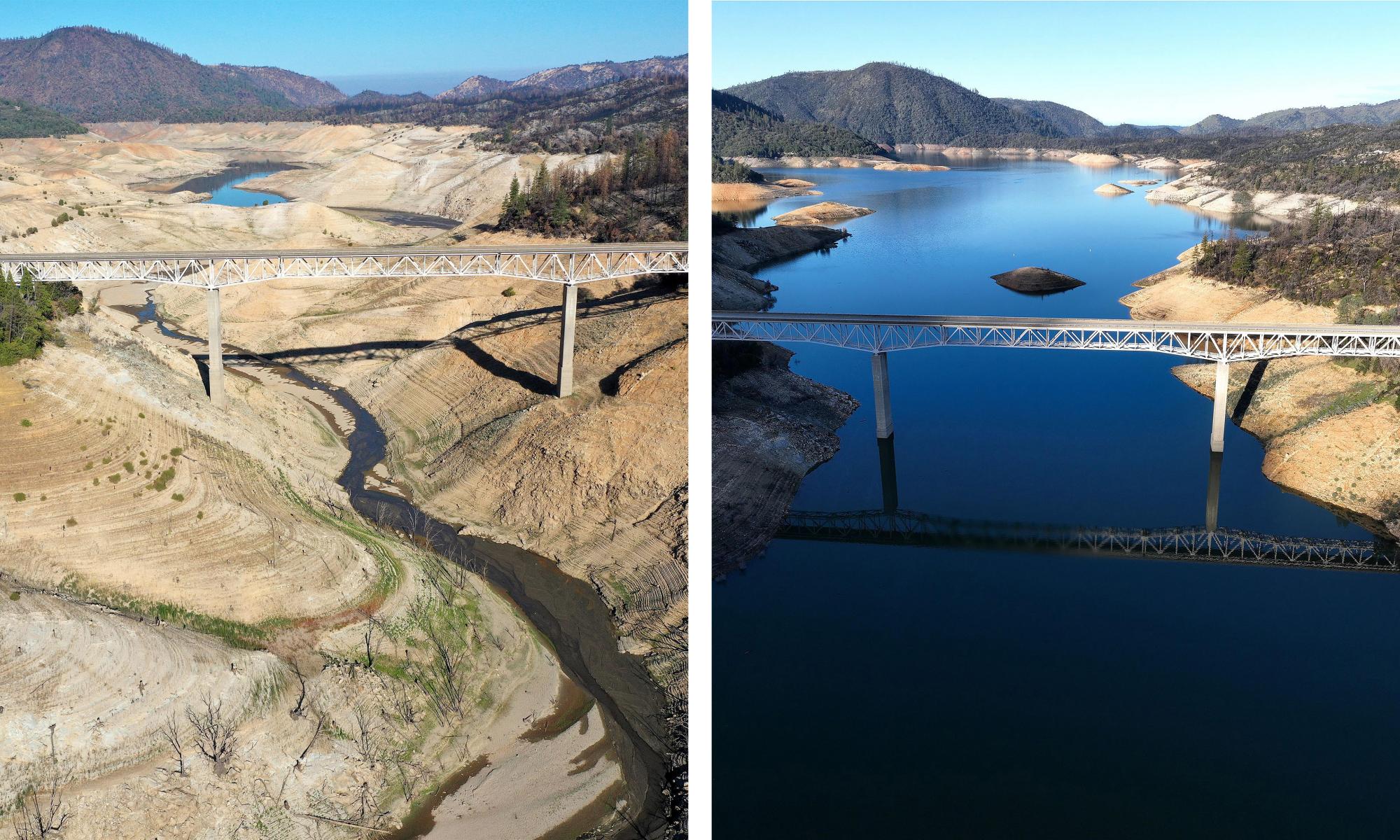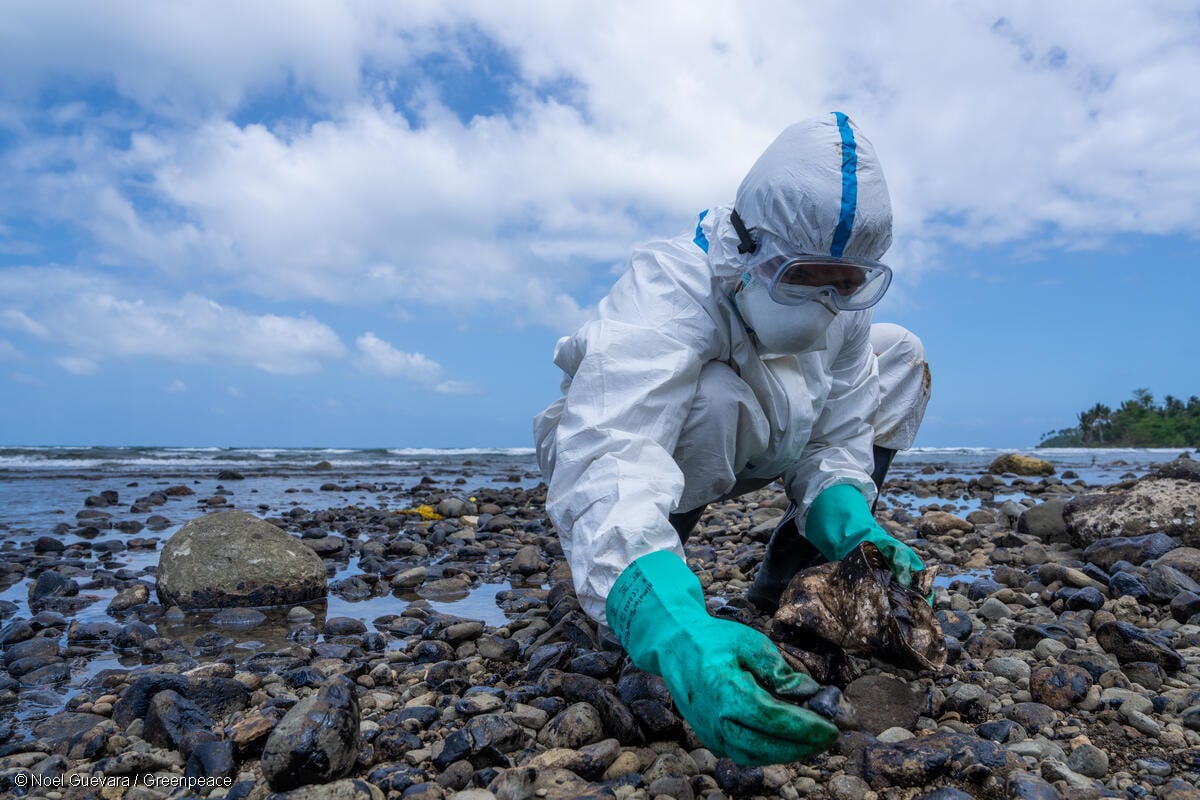Welcome, am continuing to explore the plastic effect, keeping watch on contributing brands and making recommendations. The war on plastic will continue and am noting down every brand contributing to collections from rivers in Uganda and other water bodies. This data will overtime help come up with several recommendations to business executives and working collaborations with these companies to take responsibility.
Taking note of brands contributing to a collection in Kampala.
Why the war on plastic?
We have much to lose if we don’t change the entire plastics chain because most plastics are widely used for packaging and storage. Much of this locally produced in the region, like the plastics bags, but also in Uganda there is large quantity of plastics we import in form of parts or components of commodities and tools made out plastic. However after their service life, most plastics are thrown away and in most cases this disposal is done irresponsibly.
Uganda generates over 600 tons of plastics daily and most of this doesn’t make it to landfill, in Kampala over 51% of the total waste is left uncollected.
Like I mentioned in part one of The Plastic Effect, I agree people need to be sensitized about disposal and how to deal with less plastic. However of late there is an alarming rate of plastic pollution, rivers like the Nile with its source in Uganda and river Niger have been mentioned among the top 10 rivers polluting our oceans by the World Economic Forum. River Kalamu in Kisansha DRC is no longer flowing with water but now a river of plastic. Others like river Nairobi in Kenya and River Mpanga in western Uganda are facing same threat. I have of recent been to river Mpanga and witnessed how plastics from Fort Portal town are flow downstream. With fellow team members from Fridays For Future – Uganda and the Kingdom of Tooro, Minister for Tourism we managed to collected much of this plastic that day and also sensitized people about plastic pollution. From Fort Portal we headed through 7 districts with over 2 million people directly depending on the river to reach were it pours its water in Lake George.
Plastic pollution has extending effects to our water supply, has an effect on health, our agriculture and the entire environment, plastic pollution worsens effects of a breaking down climate like flooding by clogging water ways and droughts by intoxicating the soil, making crop failure irresistible.
The burden is too much for the consumers and it is important that companies take responsibility and switch to sustainable ways like green packaging and putting engaging in collecting. The global demand for green packaging was valued at $161.50b in 2015 and is forecast to reach $242.50b in 2021, making an $81b worth of market potential to tap into in less than 6 years. This shows that consumers are becoming more conscious dealing with plastic. Also a company that recollects its plastics contributes to a safe environment.
Why consider sustainable business practices.
Practices like sustainable packaging are now having ever increasing market demand, this is because people are becoming more aware of the dangers of plastics to our environment.
Sustainable packaging has a low impact on both energy consumption and on the environment.
Companies that collect back plastics contribute to clean and healthy communities.
Sustainable production is more cost cutting to the company.
-Among others, you can find more here…
What an individual can do to beat plastic pollution.
Most companies that contribute are soft drinks, alcohol brands and plastic bags. This is me noting down the brands contributing to this collection in Kampala.
- Consider skipping disposable plastics like plastic bags, containers, disposable cutlery or even straws. I have for the past 2 years given up using straws and for every pack, I forego 200 straws.
- Have your own shopping bag. This is important to help skip plastic bags and containers, also one can consider carrying their own reusable bottle or your own cup at office.
- Consciously consume, be informed because you will be more likely to change behavior and think before you purchase.
- Avoid irresponsible disposal of plastics.
- -Join a strike against plastic pollution to be part of a movement raising attention towards plastic pollution and calling on corporations to act and governments to strengthen their controls.
The war on plastic continues, we need businesses to take action. Sharing this responsibility means working hand in hand with people, government, recyclers and collectors. I also support that businesses should be charged for every unit of plastic they sell, this can help municipal governments to improve on waste management.
We all have to be responsible about the we live with plastics.
Thank you for reading, kindly share with your friends. Feel free to reach me with any comment or any information in regards plastic pollution and the business case.
Together lets fight the war on plastic.
For any comment you can write back onnireresadrach@gmail.com


